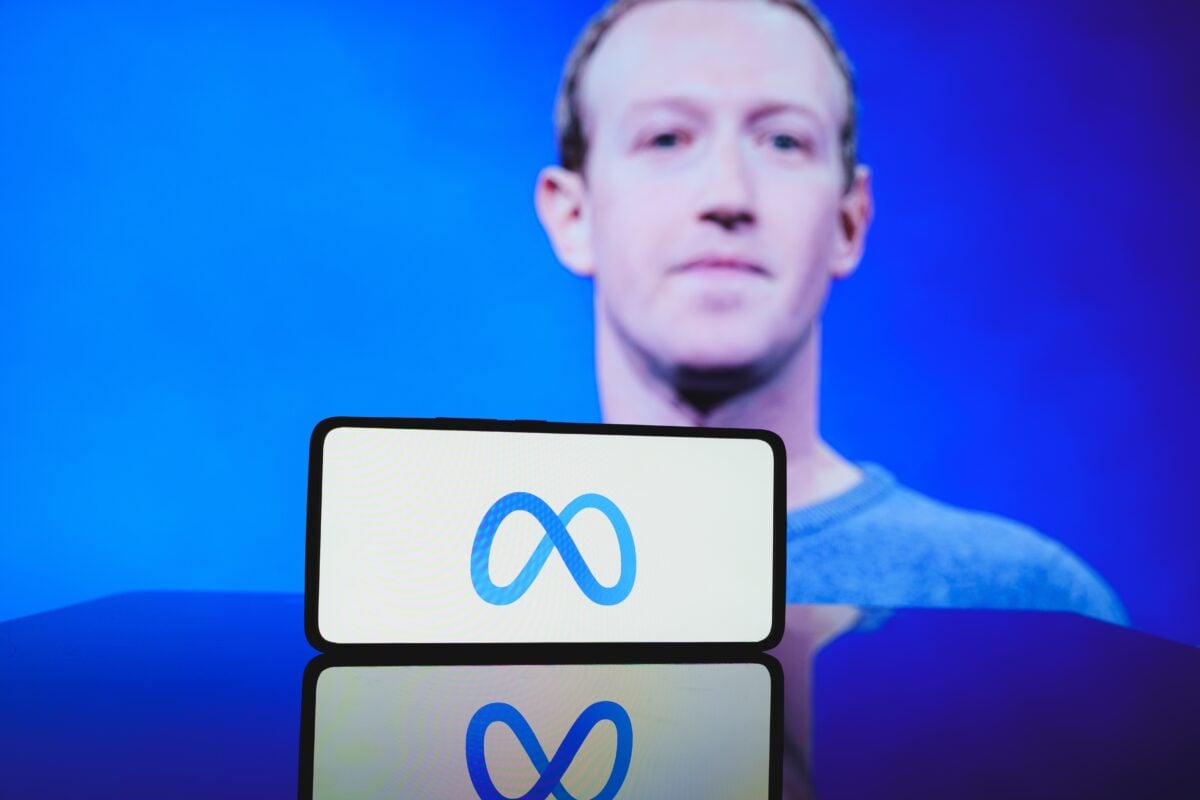TLDRs:
Contents
-
Meta is offering multimillion-dollar compensation packages to lure top AI researchers from rivals like OpenAI.
-
CEO Mark Zuckerberg is personally involved in recruitment efforts, signaling the strategic weight of AI at Meta.
-
Some offers have reached $18 million, but reports of $100 million signing bonuses have been denied.
-
Meta is hiring entire research teams to accelerate development in entertainment-focused AI projects.
Meta is stepping up its battle for artificial intelligence dominance by aggressively courting top-tier AI researchers with staggering compensation packages.
In recent weeks, the social media giant has intensified its recruitment push, targeting some of the brightest minds from rival organizations, including OpenAI, with multimillion-dollar deals designed to lure them away and accelerate Meta’s ambitions in entertainment-focused AI.
The company’s recent hires include Lucas Beyer, Alexander Kolesnikov, and Xiaohua Zhai, three prominent researchers formerly with OpenAI’s Zurich office. Their addition is part of a broader strategic effort that places Meta’s superintelligence research ambitions front and center.
While reports of $100 million signing bonuses made headlines, Meta’s Chief Technology Officer Andrew Bosworth quickly dismissed such claims as inflated. Speaking during an internal meeting, he clarified that while total compensation for senior AI roles could reach that figure over several years, the structure largely hinges on performance-based stock units and long-term retention.
Top Researchers Recruited Amid Sky-High Valuations
Despite the denials, some offers have reportedly climbed as high as $18 million, underscoring the fierce competition for AI talent. Bosworth acknowledged the heat in the current market, but suggested that rumors of a bidding war had been exaggerated. His comments, along with those from recent hire Lucas Beyer, who called the $100 million bonus narrative “fake news”, were intended to temper expectations without downplaying the seriousness of Meta’s pursuit.
What sets Meta’s approach apart is not just the size of the packages, but the strategic involvement of its leadership. CEO Mark Zuckerberg is said to be personally involved in the recruitment of AI researchers, reaching out directly with lucrative offers. This hands-on involvement highlights the centrality of artificial intelligence to Meta’s future roadmap, particularly in areas like immersive entertainment, virtual reality, and wearable tech. The company’s investments in Quest VR headsets and AI-powered smart glasses align with this vision, hinting at a future where AI is embedded across its consumer ecosystem.
Zuckerberg’s Direct Role Signals High-Stakes Strategy
Meta’s hiring spree is not merely a recruitment drive but a calculated maneuver to fast-track innovation by absorbing already-cohesive research teams from competitors. This strategy allows the company to sidestep the lengthy process of assembling teams from scratch and instead tap into existing synergies. By pulling in talent from DeepMind and OpenAI, Meta is effectively importing institutional knowledge and accelerating its AI development timeline.
Beneath the surface, the tug-of-war for AI talent reflects a deeper tension within the tech industry. While Meta leans into aggressive financial incentives, its rivals like OpenAI continue to champion mission-driven recruitment and equity-based compensation models that emphasize long-term commitment and cultural alignment.
OpenAI’s Sam Altman has criticized Meta’s approach as transactional and counterproductive to building collaborative, innovation-first environments. Yet the departure of three of his own researchers to Meta signals a turning tide in the competition for talent.
For now, Meta’s bold compensation tactics signal how indispensable elite AI minds have become. With only a few dozen experts globally considered capable of driving superintelligence breakthroughs, the stakes and the salaries, have never been higher.


